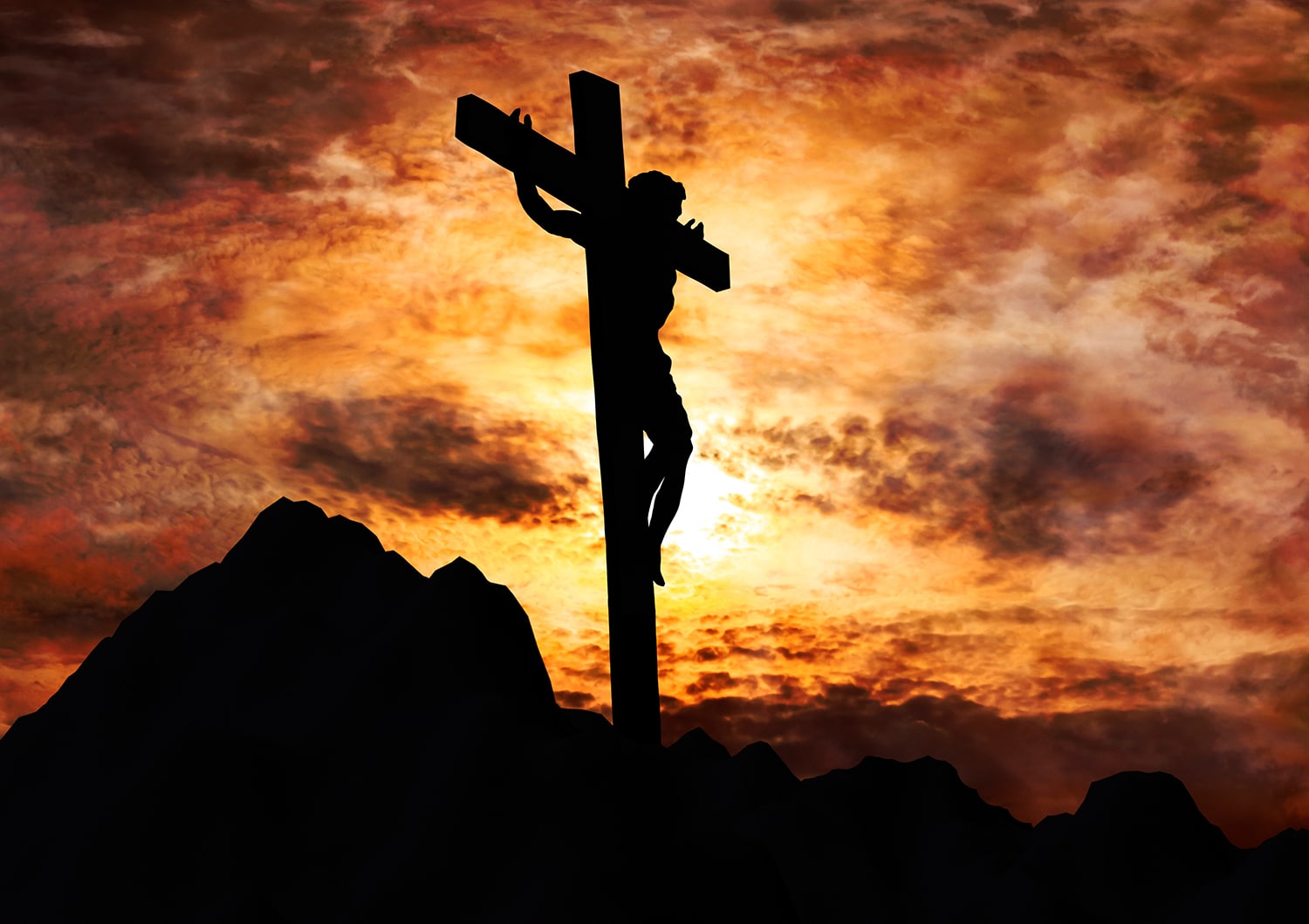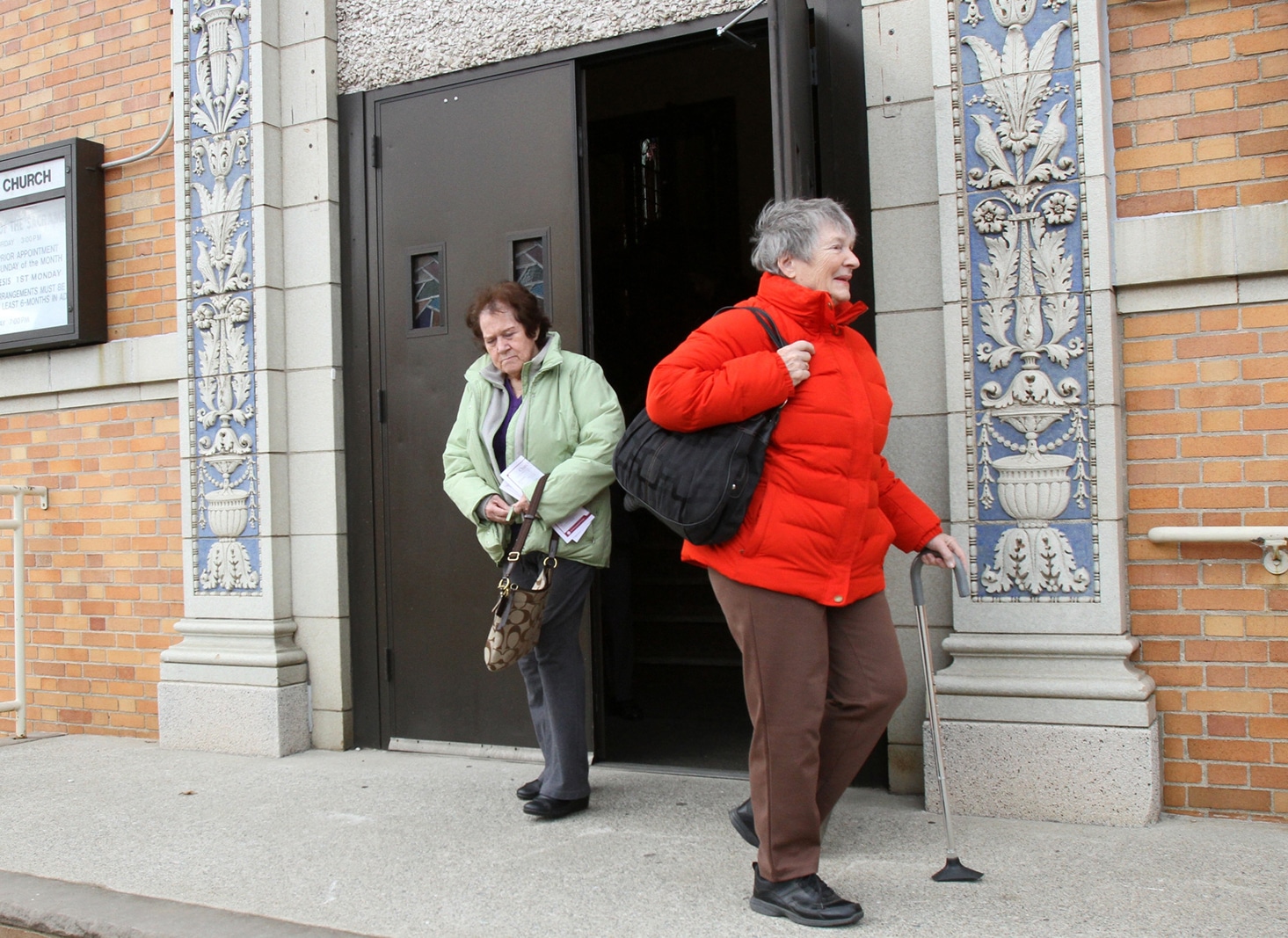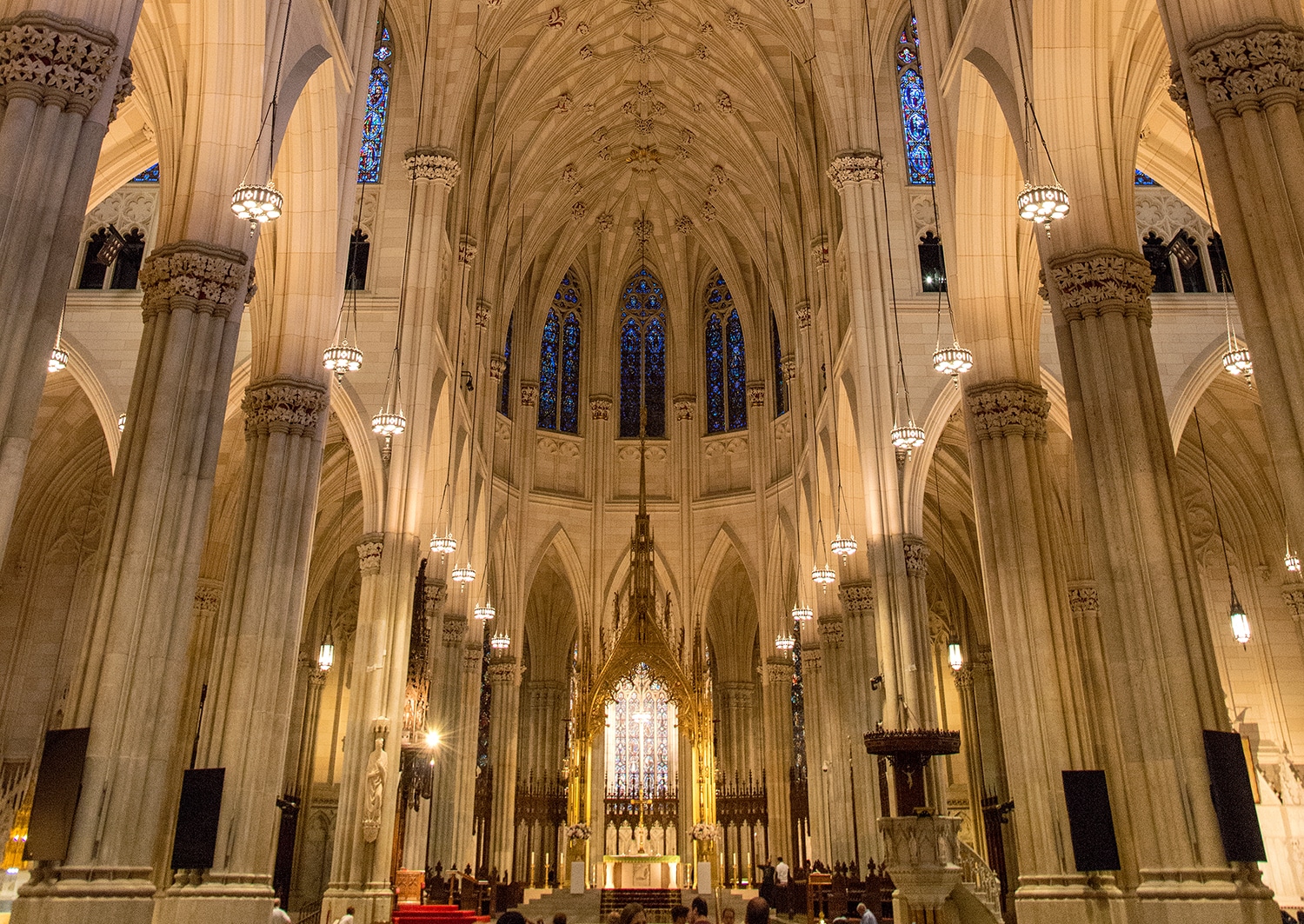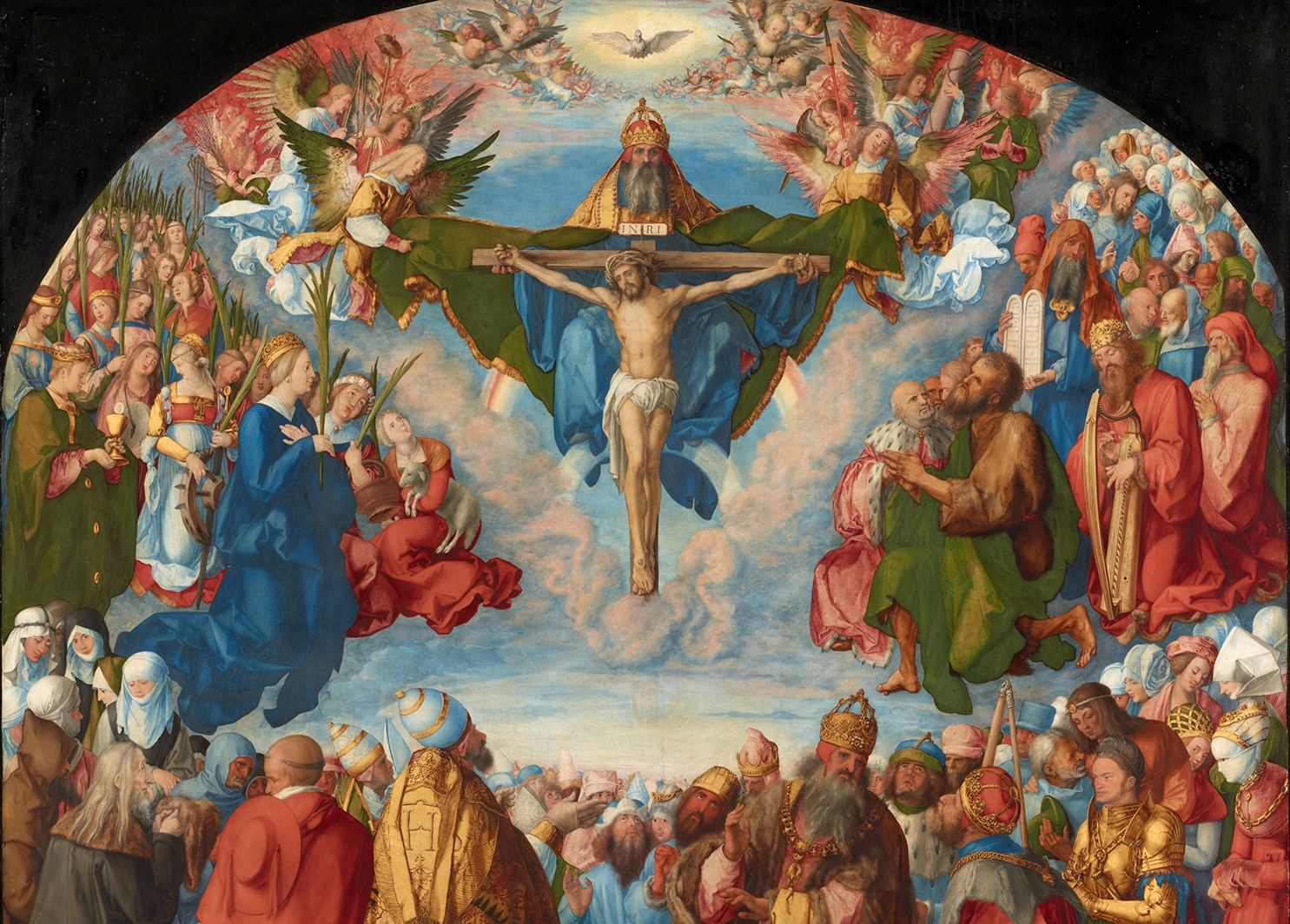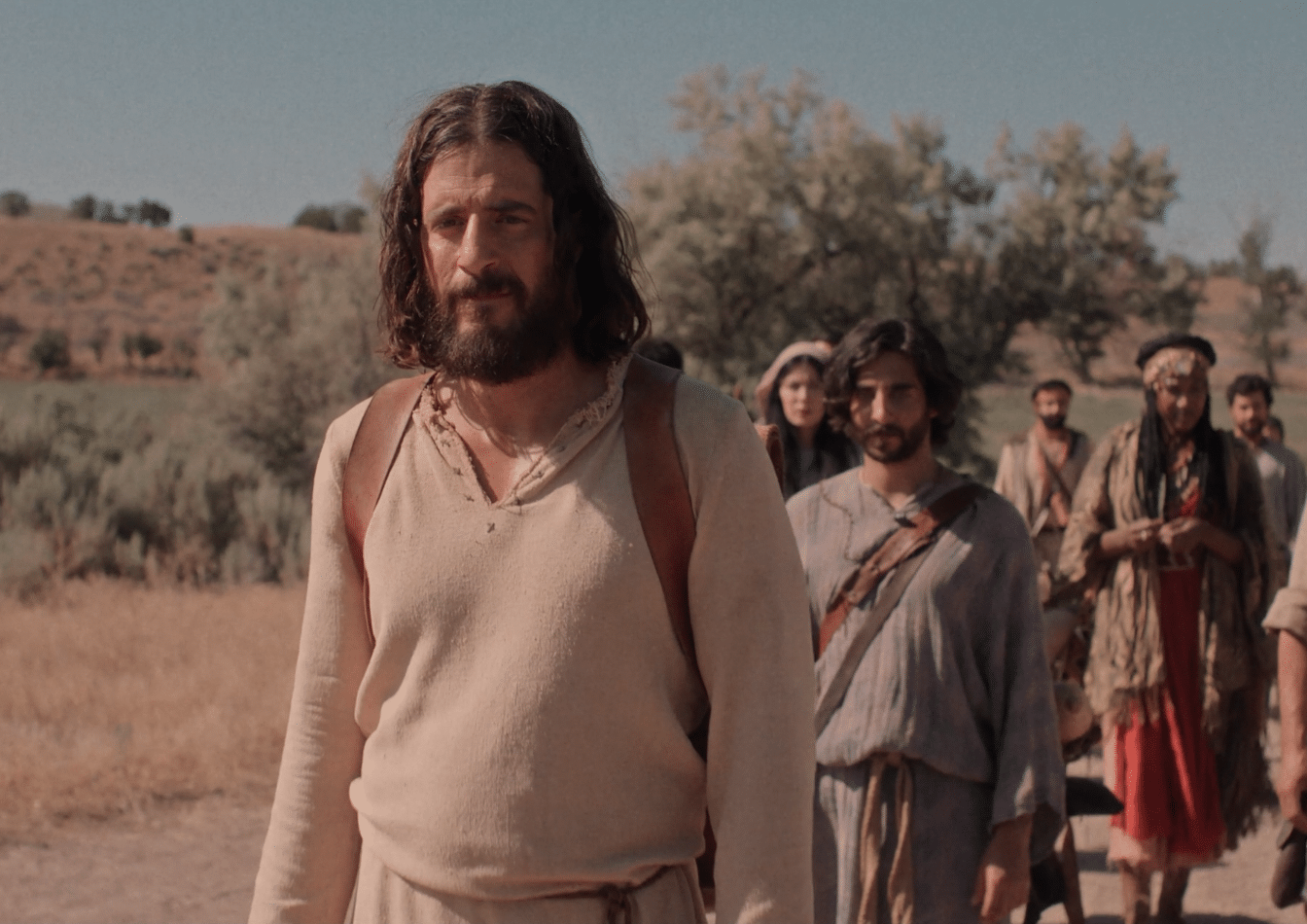Question: During the Consecration at Mass the priest says, “do this in remembrance of me.” A friend says this does not literally mean “in memory of” but rather “do this as a memorial,” a continuation of Jesus’s sacrifice. I thought we joined Jesus in a separate sacrifice to God each time. Please explain.
— Roy Nuxoll, via email
Answer: We do not engage in a separate sacrifice each time Mass is offered. Rather, the once-for-all and perfect sacrifice of Christ on the cross is made present to us in each Mass. The Letter to the Hebrews says: “Every [Jewish, levitical] priest stands daily at his ministry, offering frequently those same sacrifices that can never take away sins. But this one [Jesus] offered one sacrifice for sins, and took his seat forever at the right hand of God. … For by one offering he has made perfect forever those who are being consecrated” (Heb 10:11-12, 14). Hence, we see that the perfect sacrifice of Jesus, offered once and for all, is now applied to us in the Mass. The sacrifice on Calvary reaches through time and touches us, with its grace and power. While the crucifixion occurred at a point in historical time, its reach transcends time. It reaches back to those born centuries before, who awaited the savior. It also reaches forward in time to us who would be born in subsequent centuries.
As for the phrase “in memory of me,” it is true that a more literal rendering of the Greek is “do this as a remembrance of me.” The Greek word used here for memory, remembrance or memorial is anamnesis. Theologians emphasize that this word does not refer to the mere recollection of a distant event that happened to other people. Rather, it refers to entering past events that are made present to us. For example, the ancient Jews entered Passover with the understanding that they were there, that they made the Exodus with their forebears, that these events were present now. And this, too, is how we understand the Mass. We are not recalling distant events such as the Last Supper, or the death and resurrection of Christ. Rather, these events, that took place once, are made present to us; we are there and are part of those events.
It is interesting to note in this regard that when Jesus says, “This is my body, which will be given up for you. … This is my blood, that will be shed for you,” the Greek verbs are present passive participles (cf. Lk 22: 19-20). So, more literally he says, “This is my body, which is being given for you. … This is my blood, which is being poured out for you.” These actions are being done now; they are not repeated. We are drawn into that once-for-all moment, the eternal now of God. These acts of Christ are made present, and, hence, his body is being given now, his blood is being poured out now.

